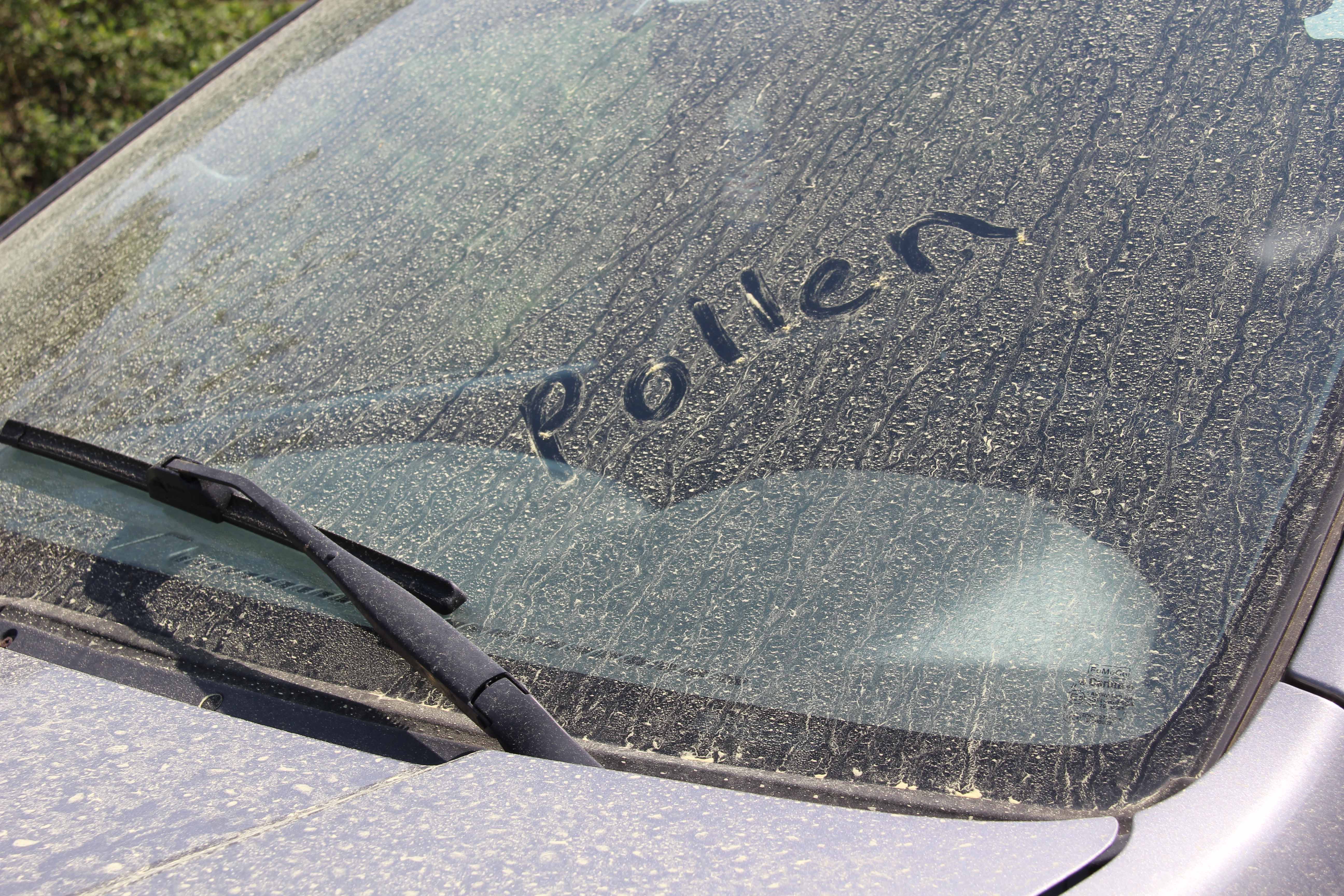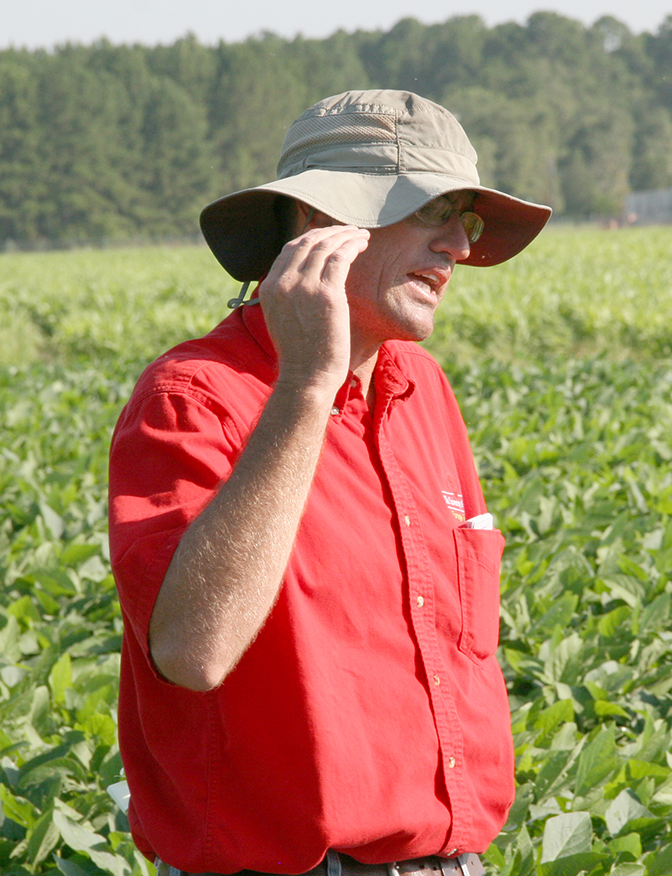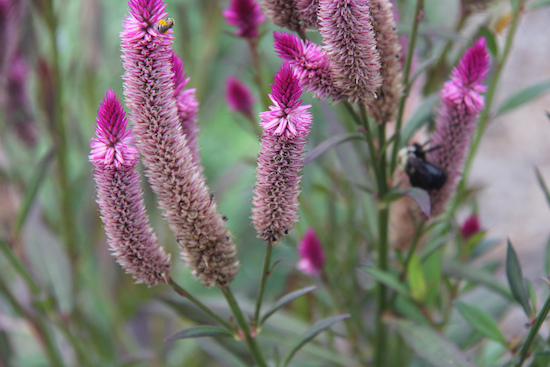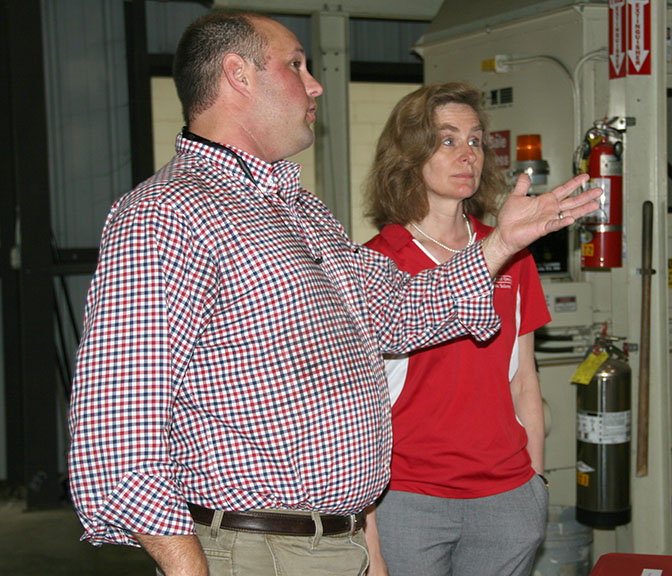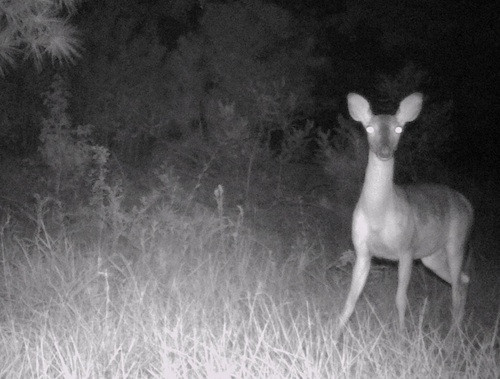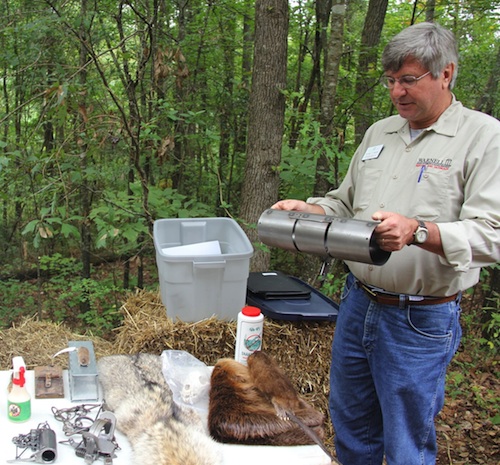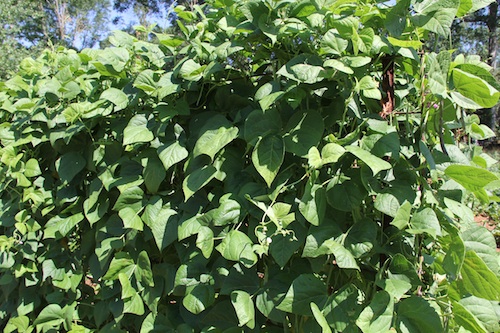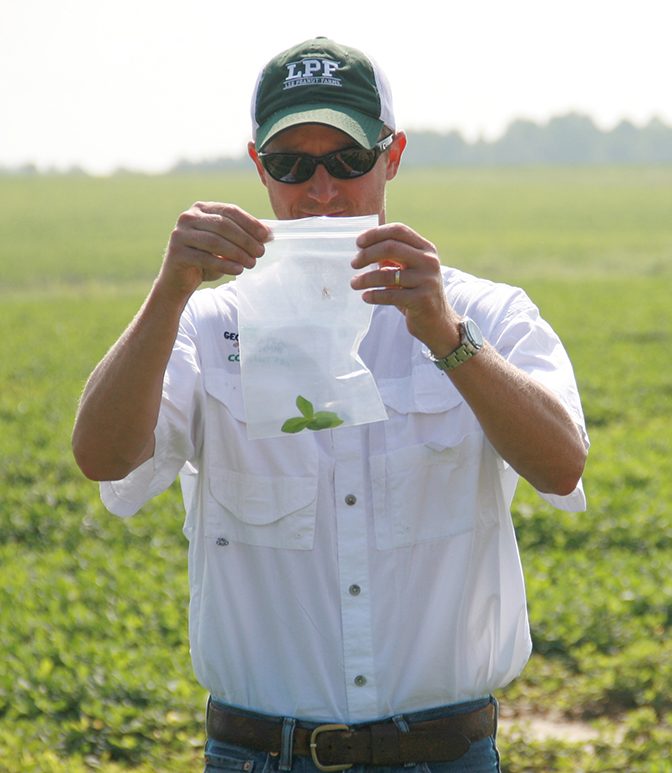 CAES News
CAES News
Peanut Insects
University of Georgia entomologist Mark Abney is searching for ways to monitor insects responsible for destroying Georgia peanut crops. This is the first step in developing economic thresholds that will indicate to farmers when it’s time to apply controls for each pest and when it’s time to cut losses.

